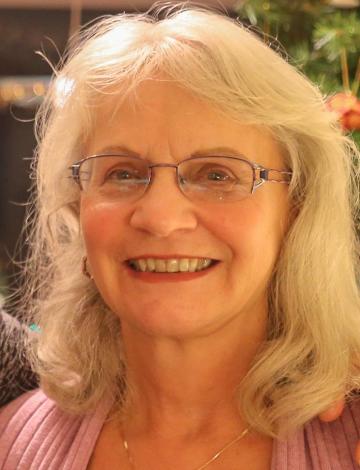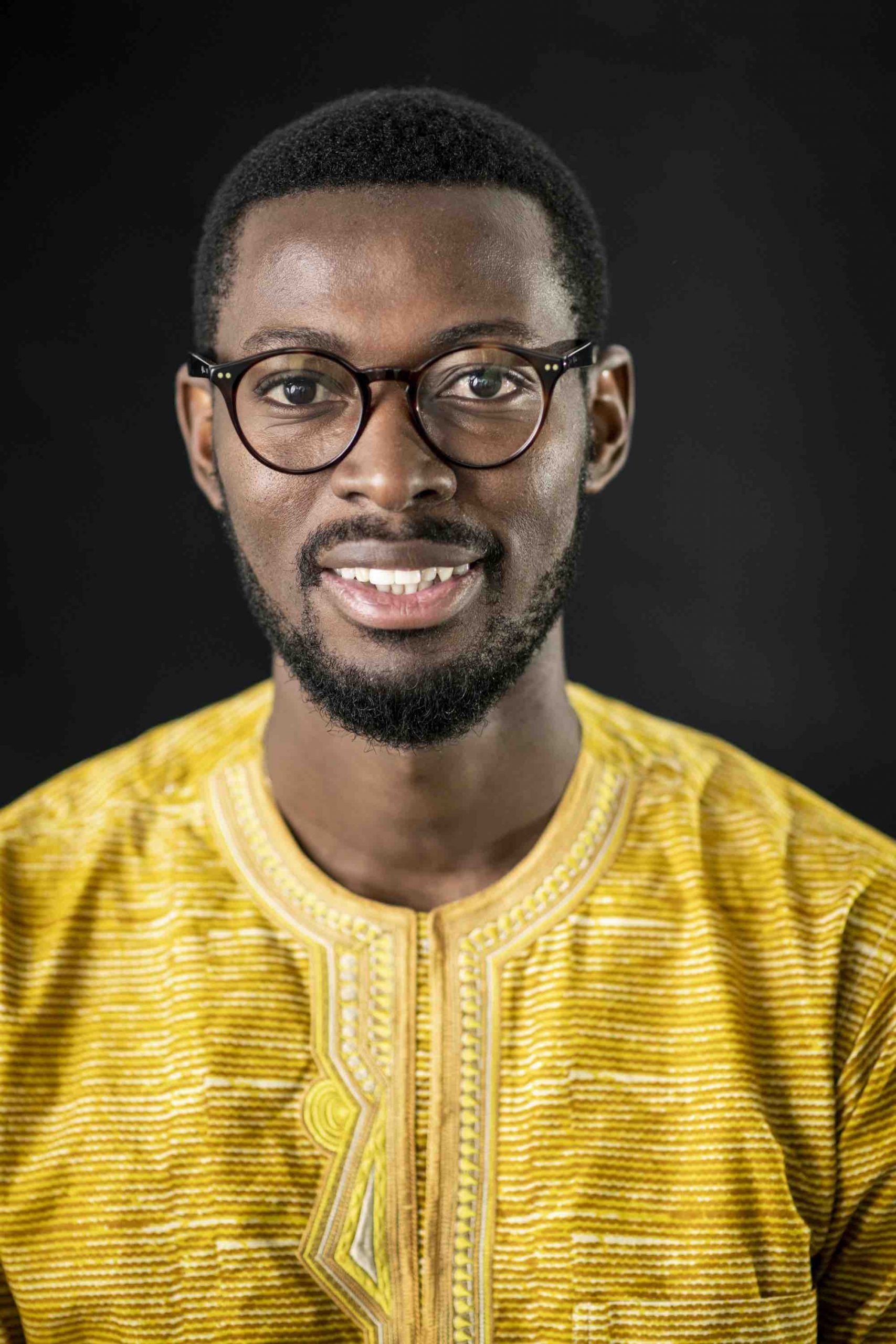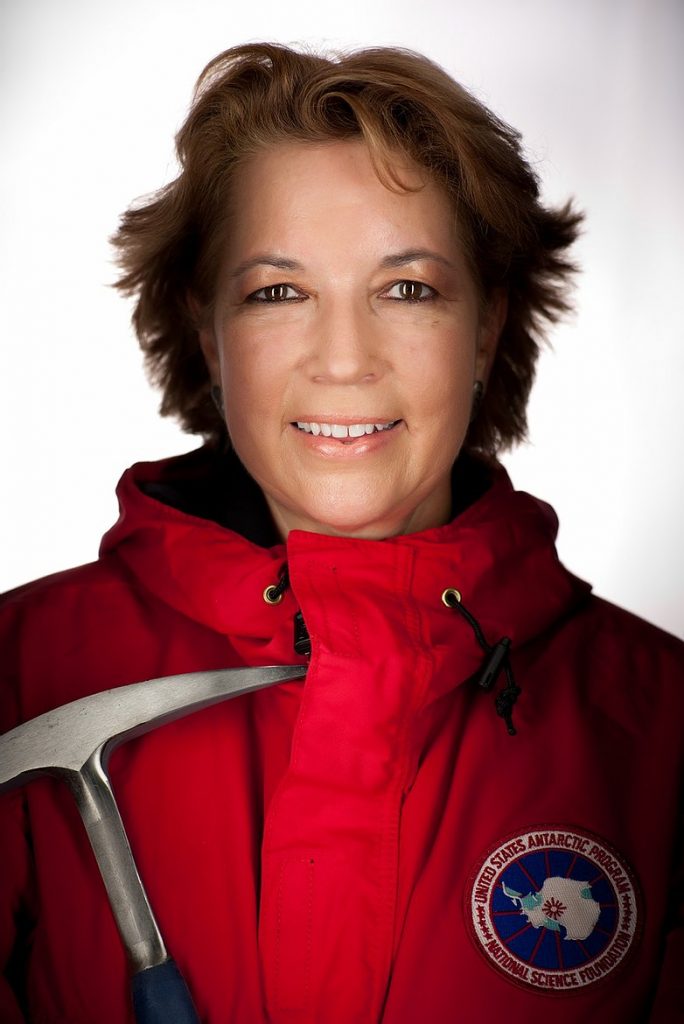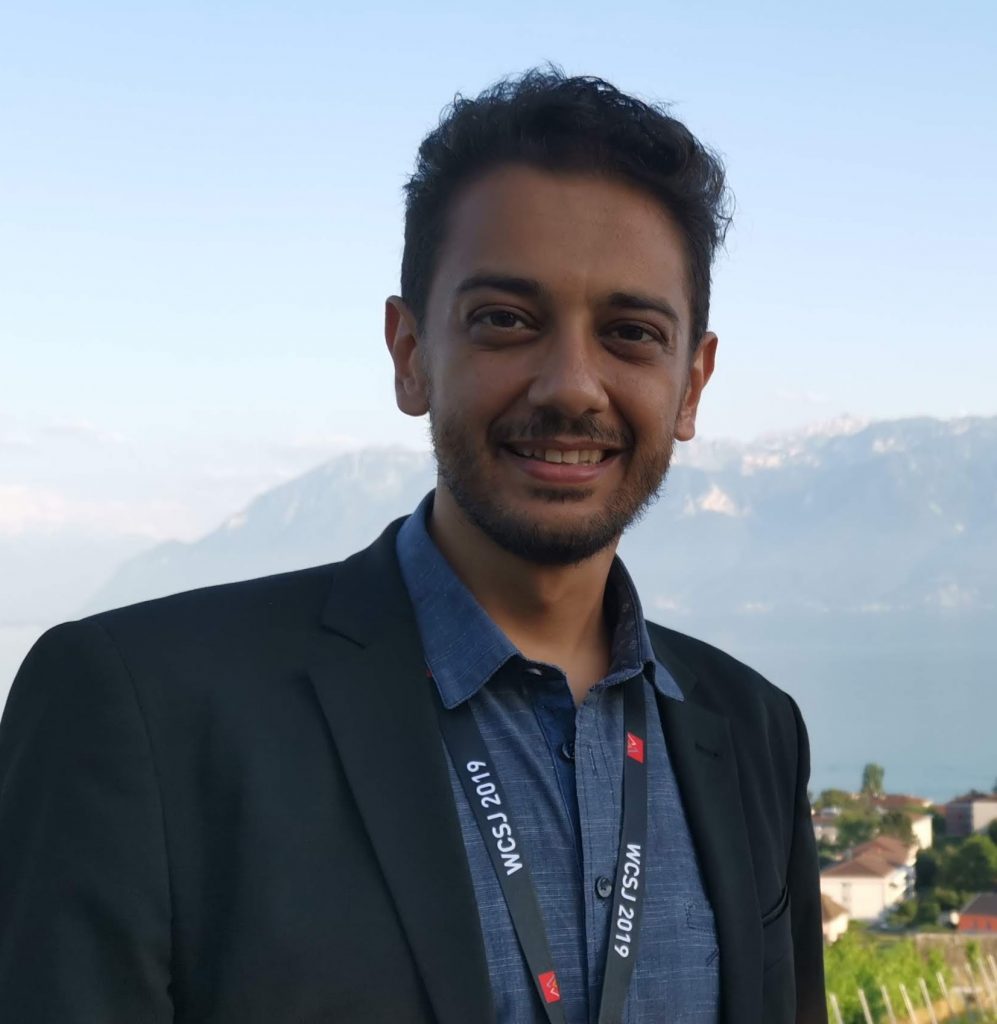
WFSJ has established a committee to determine the terms of reference for the Louise Behan reporting grant, an award named after a late Canadian benefactor who left funds in her will to support science journalists in low-income countries to report on stories of importance to that country or region. Louise, a graduate of Ottawa’s Carleton University School of Journalism, worked for the International Development Research Centre, which has been a key partner in WFSJ projects such as the peer-to-peer mentoring project SjCOOP and the 4th WCSJ in Montreal in 2004.
WFSJ plans to augment the funding provided by Louise’s estate to create a sustainable endowment for cash awards that support the reporting activities of recipients in their own countries. The terms of those awards will be determined by a panel that has just been named and the WFSJ Web site will feature an invitation to eligible applicants to apply before the end of the year. The panel includes these members:
Lancelot Soumelong Ehode
International Development Research Centre | Regional Office for Central and West Africa

Lancelot has been working in Communication, Stakeholder Engagement and Research as a Communication Specialist in West and Central Africa.
He holds a Diplôme d’études approfondies in Political Science from the University Gaston Berger of Saint-Louis in Senegal and has broad experience in media relations and communication strategies with NGOs and research organizations. He has also contributed to studies and reports in the field of migration, gender and resilience in the context of climate change.
His role as IDRC’s Regional Advisor in Communication and Media Relations for the West and Central Africa region allows him to combine his passion for research and communications. As part of the panel administering the Louise Behan Grant, Lancelot welcomes the opportunity to support the incredible work of journalists in the field of science and international development, particularly in Africa where access to evidence and data can contribute to the achievement of sustainable development goals.
Angela Posada Swafford
Freelance Writer, Bogatá, Colombia

Angela has been a writer and editor since the 1980s, becoming a freelancer in the 1990s
During that time she been writing from the field about space, astronomy and astrophysics, Antarctica and the Arctic, the deep oceans, earth sciences, environment, physical oceanography, genetics, health, paleontology, botany, rainforests, biodiversity, climate change, biosafety, health and exploration. This work has taken her from the geographic South Pole and the Arctic Circle in Alaska to Hawaii’s Mauna Kea volcano, from Newfoundland’s tundra to Zimbabwe’s hippo pools, from 3,000 feet at the bottom of the Caribbean, to 15,000 feet high in Chile’s Cerro Paranal, home of the biggest telescope in the world.
Angela has a degree in Modern Languages from Universidad de Los Andes, Bogotá, Colombia and a Masters in Journalism from The University of Kansas, Lawrence, Kansas, USA. She is a 2000-2001 fellow — and the first Hispanic — from the Knight Science Journalism Fellowship at MIT and Harvard, which enables mid-career journalists to immerse themselves in science studies and get acquainted with some of the sources who are shaping science today.
Mohammed Yahia
Executive editor in the Middle East for Nature Research in the Middle East, part of Springer Nature

After receiving his bachelor degree in pharmacology, Mohammed spent a couple of years working in community pharmacies to large pharma companies before he ended up in science journalism and has never looked back since.
A decade ago he became the launch editor of Nature Middle East, an online portal that focuses on science and science-related news from the Arab world. He now works with the editorial teams of all publications in the Middle East and Africa, including Nature Arabic Edition and For Science, the Arabic version of Scientific American. He is also editorially responsible for several custom publications produced in the region.
Prior to joining Springer Nature, Mohammed was the Middle East and North Africa region coordinator for SciDev.Net and has written for several different publications around the world, including Nature, IDRC, CancerWorld, The Daily Star Egypt and SNF’s Horizons. Mohammed is also the past president of the World Federation of Science Journalists (WFSJ) and has been the vice president of the Arab Science Journalists Association for the past four years.